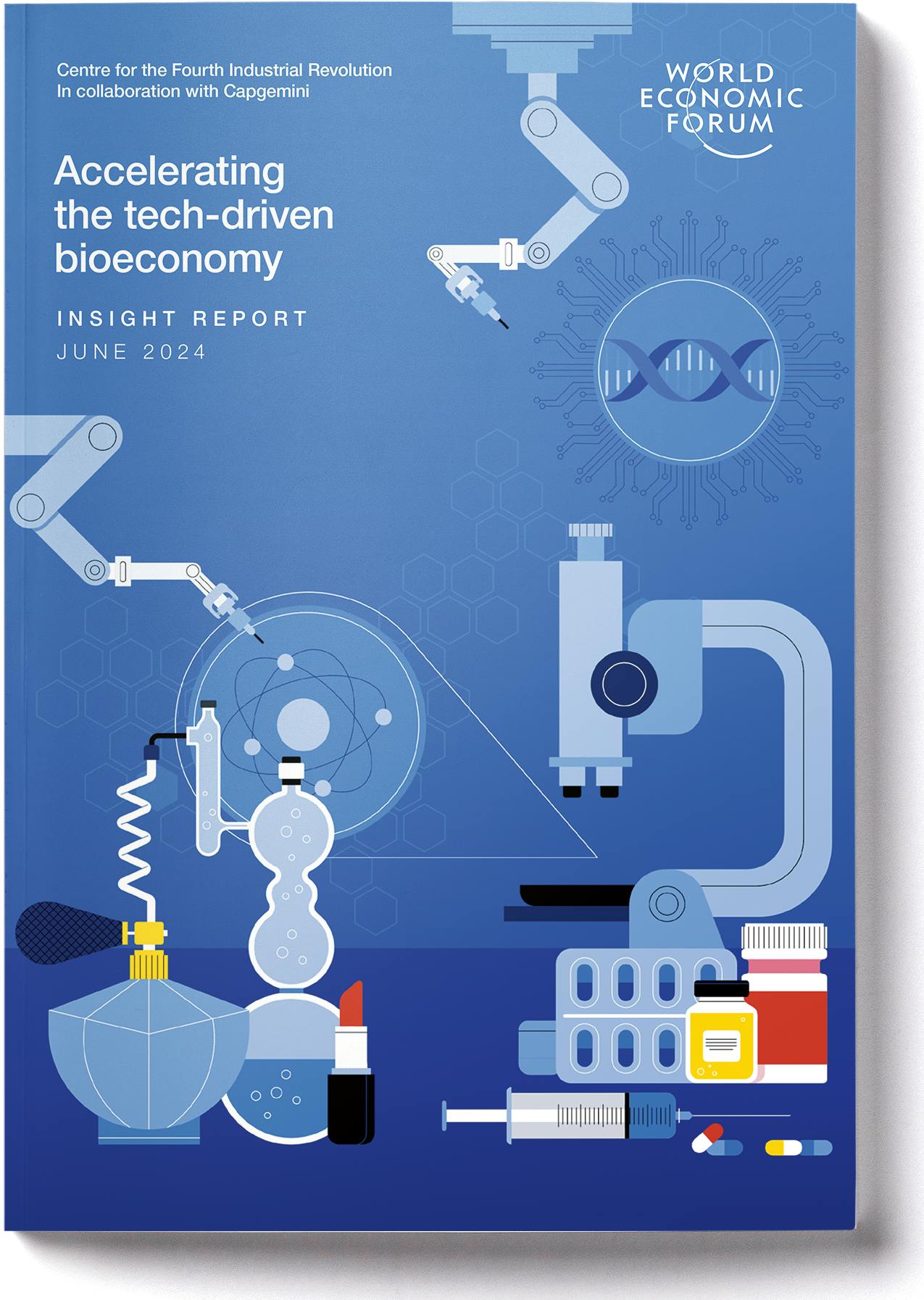Multistakeholder collaborations with the WEF
As a strategic partner of the World Economic Forum, we work together to create solutions to some of the world’s most pressing challenges. Our structured, multi-year initiatives involve private, public, and multistakeholder collaborations to address large-scale global challenges. These efforts create a space to engage, share knowledge and ideas, and address emerging issues. Our joint reports and insights influence the global agenda and help create industry breakthroughs and economic solutions. We do this in collaboration with key leaders and experts with whom we share the same goal-to improve the state of the world. Two recent reports are highlighted on the right.

United for net zero
The white paper United for Net Zero: Public-Private Collaboration to Accelerate Industry Decarbonization outlines a collaborative initiative aimed at accelerating industry decarbonization, co-led by Capgemini, the World Economic Forum, Siemens, Schneider Electric, Rockwell Automation, and the Cambridge Institute for Manufacturing- University of Cambridge. The initiative addresses the urgent challenge of reducing greenhouse gas emissions from manufacturing, which accounts for nearly 30% of global emissions. The paper analyzes the current landscape of industrial decarbonization policies and identifies opportunities for manufacturing leaders to engage in policy design and public-private collaboration, including supporting demand for green materials and the decarbonization of suppliers.
Accelerating the tech-driven bioeconomy
Highlighting the urgent need for biosolutions, this report investigates how Engineering Biology will successfully address critical planetary challenges. Its innovations offer the ability to transform supply chains and reshape industries, but it still needs to scale to the commercial mainstream. The report explores strategies to overcome barriers to a bio-based economy, such as the cost-effective scaling of the technology and improved regulatory clarity to support efficient commercialization, and examines how wide-scale adoption will play out differently based on regional contexts and priorities.

